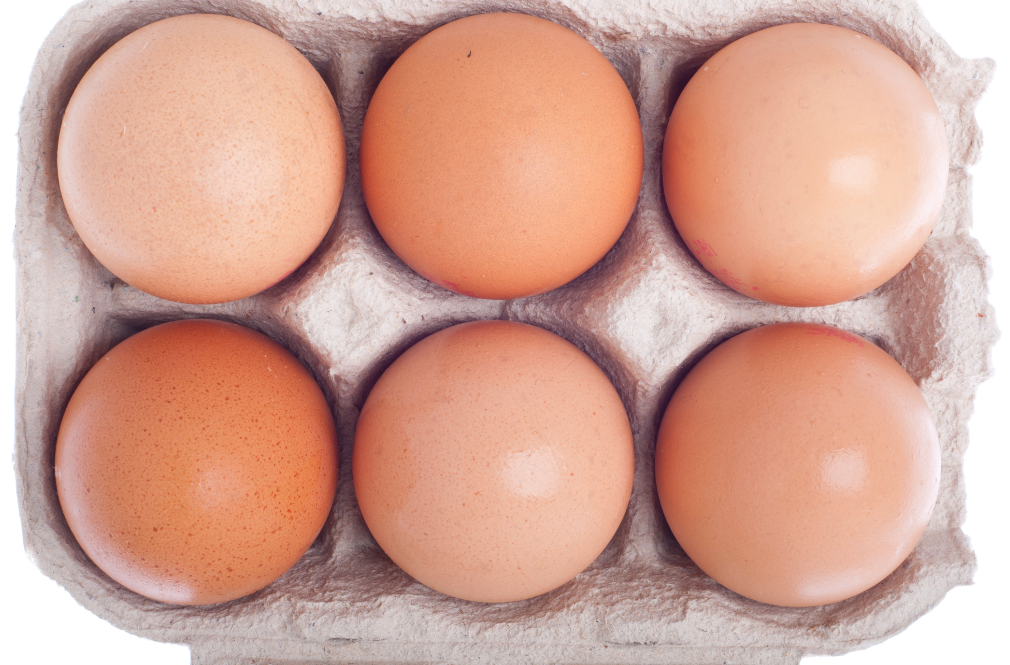During pregnancy, women require enough calcium and vitamin D to help build their baby’s bones and to prevent loss of their own calcium stores. Calcium and vitamin D are often mentioned together, because they work together in the body. We all need plenty of vitamin D to be able to absorb and use calcium from foods and to avoid calcium loss from bones.

The recommended daily intake of calcium and vitamin D for pregnant women is the same for non-pregnant women. It is recommended that women consume 400 IU/d of vitamin D and 1000-1300 mg/d of calcium.
There are a variety of ways you can get adequate calcium and vitamin D. See below for ideas on how to boost your intake.
Sources of Calcium
Dairy-containing foods
Some of the best food-sources of calcium are dairy foods, such as milk, yogurt, cheese, and ice cream.
- Add milk to cold cereal or oatmeal for breakfast.
- Choose yogurt as an easy snack.
- Include a cheese stick with your lunch.
- Enjoy a milkshake for dessert or on a hot afternoon.
- Don’t forget about hot chocolate made with milk for cold days.
Non-dairy foods
If you have an allergy or intolerance to or just simply don’t eat dairy, there are many non-dairy food sources of calcium that are a better bet for you.
- Choose dark leafy greens such as collard greens, kale, and spinach, which are good plant sources of calcium.
- Tofu and broccoli are also high in calcium and together make a great stir-fry.
- Select beverages that are fortified with calcium, such as orange juice or soy, almond, or flax milk. Read the nutrition label to make sure that they are fortified.
Calcium supplements
It is often recommended to take a calcium supplement during pregnancy in addition to getting calcium from food, to ensure adequate intake. Consult your physician to see if this is recommended for you.
Sources of Vitamin D
Sunshine
- Get outside! Our biggest source of vitamin D is actually from the sun! Our skin can make a usable form of vitamin D from the sun’s rays. Try to spend at least ten minutes in the sun each day (without sunscreen) to receive the full benefit.
Foods with Vitamin D
- Choose salmon, tuna, and eggs, which are some of the best sources of naturally occurring vitamin D.
- Look for foods with vitamin D added (fortified), such as milk, orange juice, cereals and breads, and some yogurts. Read the nutrition label to make sure vitamin D is listed.
Vitamin D supplements
- Like calcium, it is also often recommended to take a vitamin D supplement during pregnancy in addition to getting it from the sun and food, to ensure adequate intake. Consult your physician to see if this is recommended for you.
Getting enough calcium and vitamin D before, during, and following pregnancy will help both you and your baby have strong bones, muscles, and teeth, in addition to the many other lifelong health benefits resulting from a healthy diet!
Good Sources of Calcium:
Low-fat yogurt, plain (8 oz.): 415 mg
Mozzarella, part-skim (1.5 oz.): 333 mg
Sardines, with bones, (3 oz.): 325 mg
Low-fat yogurt, fruited (8 oz.): 313-384 mg
Cheddar cheese (1.5 oz.): 307 mg
Good Sources of Vitamin D:
Salmon, sockeye (3 oz. cooked): 447 IU
Tuna, canned in water (3 oz.): 154 IU
Orange juice, fortified (1 cup): 137 IU
Milk, fortified (1 cup): 115-124 IU
Yogurt, fortified (6 oz.): 80 IU


